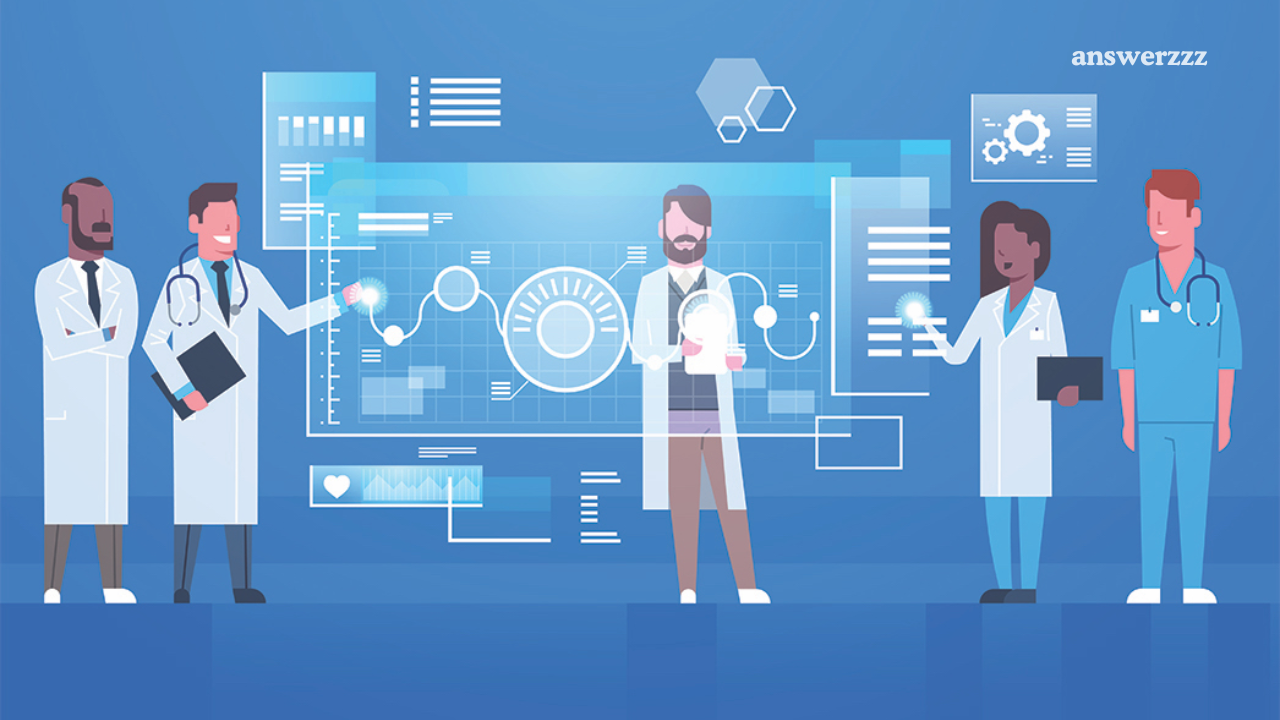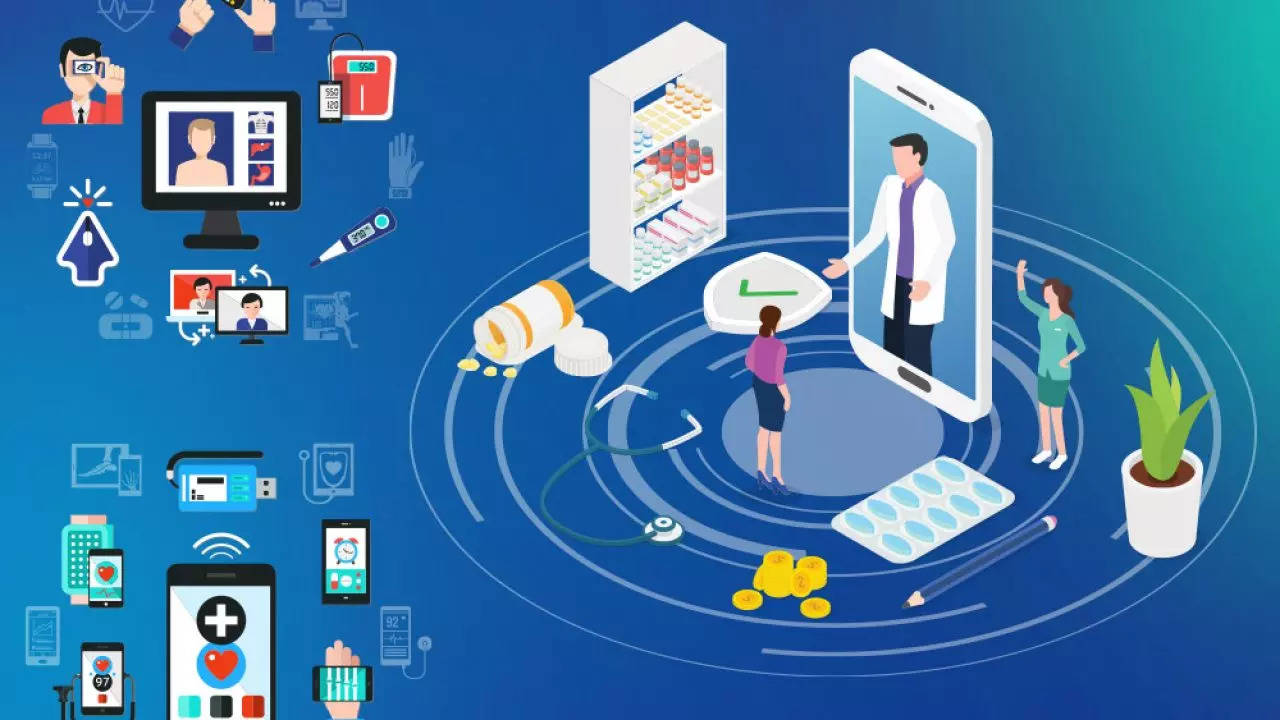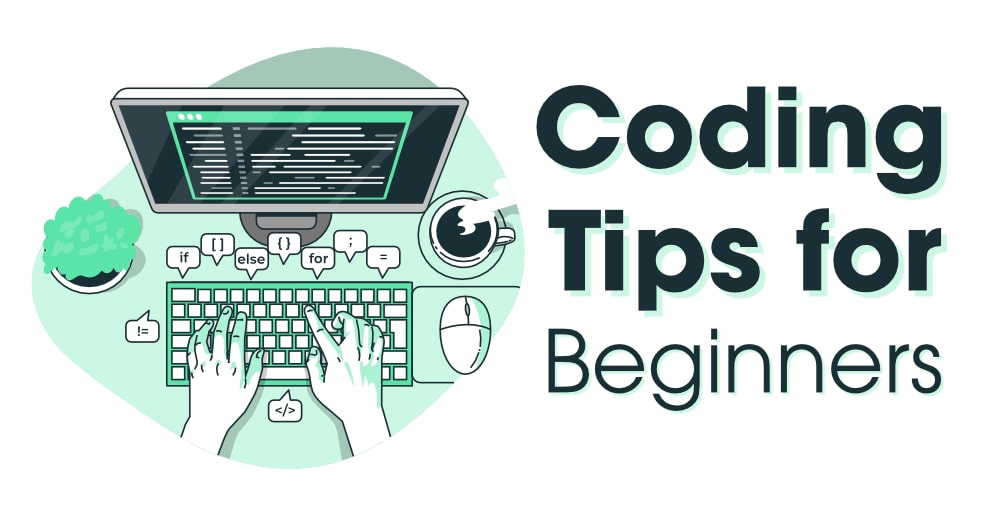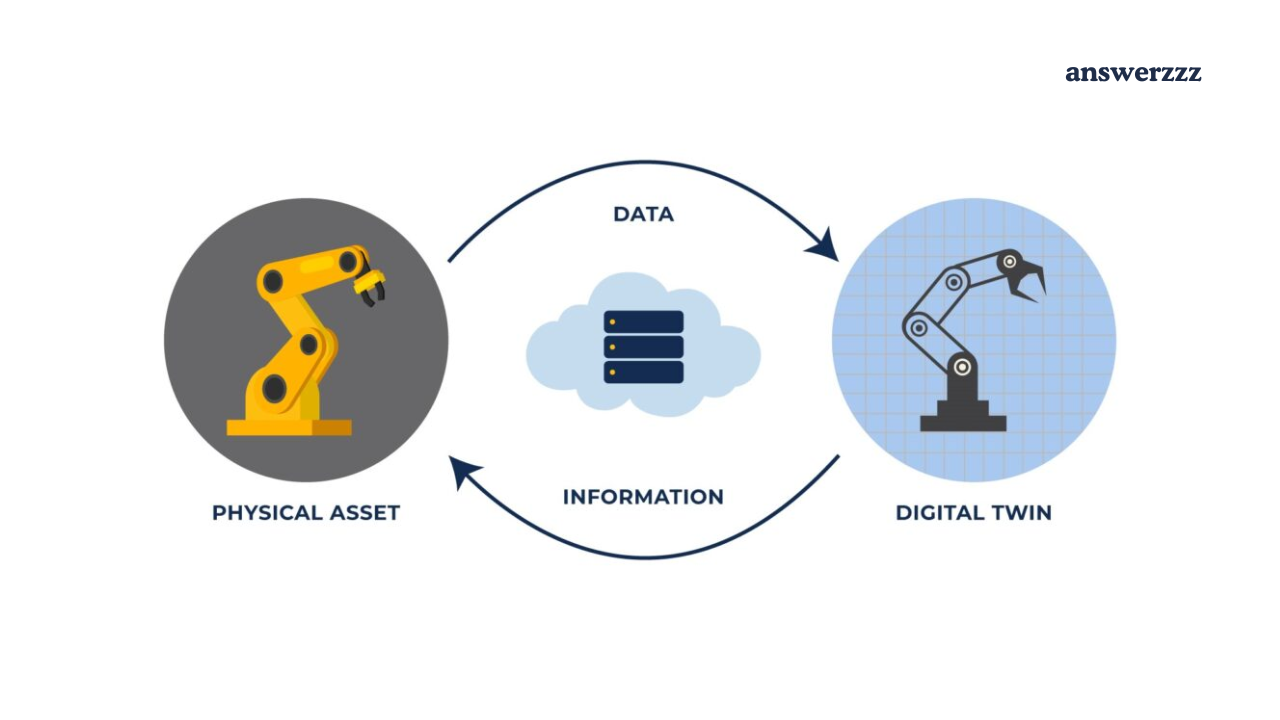In recent years, the field of healthcare has witnessed significant advancements, especially with the integration of Artificial Intelligence (AI). The power of AI has not only transformed the way we approach medical diagnostics but also revolutionized treatment options, making healthcare more efficient, personalized, and accessible. The use of AI in health tech is enhancing the speed, accuracy, and precision of medical processes, offering both patients and healthcare providers a wide range of benefits. This article explores how AI is revolutionizing diagnostics and treatment in health tech, highlighting its impact on various aspects of patient care.
The Role of AI in Healthcare

Artificial Intelligence refers to machines or systems designed to mimic human intelligence, enabling them to perform tasks like decision-making, learning, and problem-solving. In healthcare, AI technologies—such as machine learning (ML), natural language processing (NLP), and deep learning—are being deployed to improve clinical decision-making, automate tedious processes, and analyze massive datasets. This not only aids healthcare providers but also enhances the patient experience.
AI in healthcare can be categorized into two major areas: diagnostics and treatment. Both fields have experienced remarkable transformations, thanks to AI-driven advancements that continue to push the boundaries of what’s possible.
AI in Diagnostics: Enhancing Accuracy and Speed
One of the most significant contributions of AI in healthcare is the improvement of diagnostics. Early diagnosis of medical conditions can be the difference between life and death, particularly in diseases such as cancer, heart conditions, and neurological disorders. AI-powered diagnostic tools leverage vast datasets, including medical records, imaging data, and genetic information, to identify patterns that might be difficult for human doctors to detect. Let’s explore how AI is enhancing diagnostic capabilities:
1. Medical Imaging and Radiology
Medical imaging is an essential tool for diagnosing a wide range of conditions. Traditionally, radiologists analyze X-rays, MRIs, CT scans, and ultrasounds manually. However, this process can be time-consuming and prone to human error. AI systems, particularly those utilizing deep learning, can analyze these images with remarkable precision.
Blockchain Beyond Cryptocurrencies: Innovations to Watch in 2026
For instance, AI algorithms are being developed to detect signs of cancer in mammograms and lung CT scans. These systems can identify subtle patterns in the images that might be overlooked by the human eye, offering an early warning for conditions like breast cancer, lung cancer, and brain tumours. A notable example is Google’s AI tool for breast cancer screening, which outperforms human radiologists in accuracy, reducing false positives and false negatives.
2. Pathology and Laboratory Diagnostics
AI is also transforming laboratory diagnostics by improving the interpretation of pathology slides and lab results. Machine learning algorithms can analyze large volumes of pathology images to identify diseases at earlier stages. For example, AI is being used to detect skin cancer by analyzing images of suspicious moles or lesions, as well as to identify abnormalities in blood samples that could indicate conditions such as leukaemia or anaemia.
Additionally, AI’s ability to integrate and analyze data from various lab tests allows healthcare providers to gain a comprehensive understanding of a patient’s health, leading to more accurate and timely diagnoses.
3. Genomics and Personalized Medicine
The rise of genomics has led to a new era of personalized medicine, where treatments are tailored to an individual’s genetic makeup. AI plays a crucial role in analyzing complex genomic data to identify genetic mutations that might predispose individuals to certain diseases. By examining a person’s entire genetic profile, AI can predict the likelihood of developing conditions like Alzheimer’s, certain cancers, and heart disease, allowing for preventive measures or early intervention.
AI also helps researchers identify patterns in genetic data that can lead to the discovery of new treatments and drug therapies. By streamlining the interpretation of genetic sequences, AI can make personalized treatments more accessible and effective.
AI in Treatment: Revolutionizing Patient Care
AI is not only improving the accuracy of diagnostics but also revolutionizing the way treatments are developed and delivered. From drug discovery to robotic surgery, AI’s impact on treatment is profound.
1. AI in Drug Discovery and Development
Developing new drugs is an expensive and time-consuming process, often taking years and billions of dollars to bring a new drug to market. AI is revolutionizing this process by accelerating drug discovery and development. Machine learning algorithms can analyze vast datasets, including chemical compounds, molecular structures, and clinical trial results, to identify promising candidates for new drugs.
For instance, AI is being used to design molecules that could treat diseases that currently have no cure, such as rare genetic disorders. In addition, AI can predict how a drug will behave in the human body, improving the success rate of clinical trials and reducing the time it takes to bring new therapies to market.
2. Robotic Surgery and Precision Medicine
In the realm of surgery, AI is enhancing precision and reducing human error. Robotic surgery, powered by AI, allows surgeons to perform complex procedures with greater accuracy and minimal invasiveness. These systems can analyze a patient’s anatomy in real time, guide the surgeon through the procedure, and even adjust movements to optimize outcomes.
For example, AI-assisted robotic systems like the da Vinci Surgical System are already being used for various types of surgeries, including prostatectomy and heart surgery. These AI-driven robots enable surgeons to make more precise incisions, leading to faster recovery times, reduced complications, and less pain for patients.
Exploring the Future of 6G Networks: How It Will Change Connectivity
Furthermore, AI enables precision medicine by analyzing a patient’s unique genetic and clinical data to recommend the most effective treatment options. This allows for more personalized care and better treatment outcomes.
3. Virtual Health Assistants and Telemedicine
Telemedicine and virtual health assistants are becoming increasingly popular, especially with the rise of the COVID-19 pandemic. AI-powered virtual assistants can interact with patients, provide medical advice, and even prescribe medication based on their symptoms. These virtual assistants are accessible 24/7, providing patients with convenient access to healthcare.
For example, AI-powered platforms like Babylon Health and Ada Health allow patients to input their symptoms and receive immediate feedback on possible conditions, as well as personalized treatment recommendations. These tools also integrate with telemedicine platforms, allowing healthcare providers to monitor patient progress remotely and adjust treatment plans as needed.
4. AI in Personalized Treatment Plans
AI has the potential to revolutionize how medical professionals create treatment plans. By analyzing a patient’s medical history, genetic data, lifestyle factors, and preferences, AI can recommend a highly personalized treatment regimen. This can include medication prescriptions, lifestyle changes, and follow-up care, all tailored to the individual’s specific needs.
For example, AI is being used in oncology to create personalized cancer treatment plans. By analyzing genetic mutations in a patient’s tumour, AI can help oncologists select the most effective treatment options, whether that involves chemotherapy, immunotherapy, or targeted therapy.
Benefits of AI in Health Tech
The integration of AI into health tech has several key benefits, ranging from improved patient outcomes to cost savings for healthcare systems.
1. Improved Accuracy and Reduced Errors
One of the primary advantages of AI in healthcare is its ability to improve diagnostic accuracy and reduce human errors. AI systems are trained to identify patterns in vast amounts of data, enabling them to detect conditions earlier and more accurately than humans might. This leads to earlier interventions and better outcomes for patients.
2. Increased Efficiency and Speed
AI can process large amounts of data in real time, significantly speeding up the diagnostic and treatment process. Whether it’s analyzing medical images or reviewing patient records, AI systems can work faster and more efficiently than traditional methods, allowing healthcare providers to see more patients in less time.
3. Cost-Effective Care
AI has the potential to reduce healthcare costs by improving efficiency and reducing the need for expensive diagnostic tests or procedures. Early diagnosis and personalized treatment plans can prevent costly complications, while AI-driven automation of administrative tasks can free up healthcare staff to focus on patient care.
4. Enhanced Patient Experience
By providing more accurate diagnoses, personalized treatment plans, and convenient access to healthcare, AI improves the overall patient experience. Virtual assistants and telemedicine platforms give patients immediate access to healthcare, improving satisfaction and reducing wait times for appointments.
Challenges and Ethical Considerations
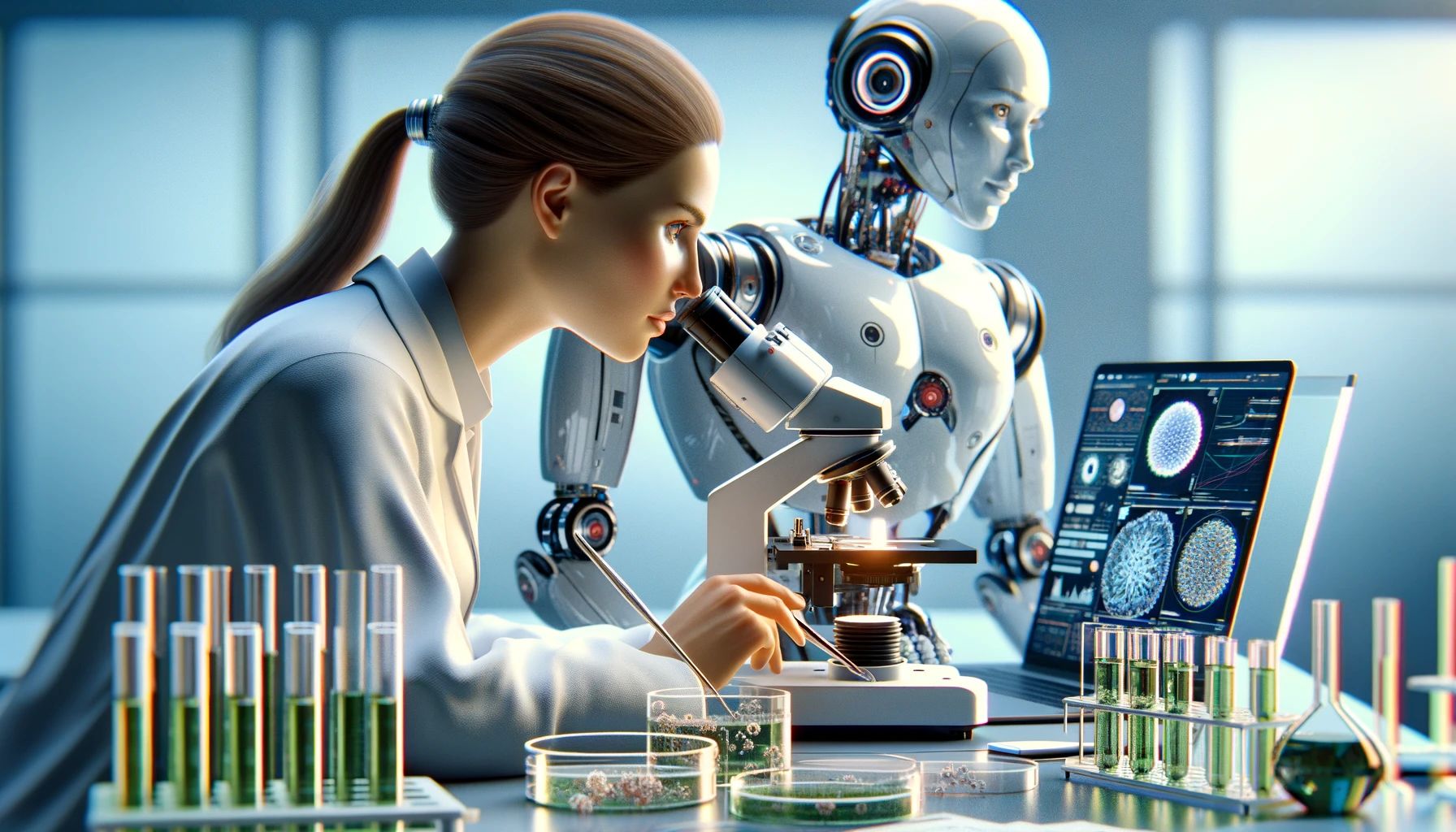
While the potential of AI in healthcare is immense, there are also challenges and ethical considerations that must be addressed. These include:
- Data Privacy and Security: With AI systems processing large amounts of sensitive medical data, ensuring data privacy and protecting against breaches is critical.
- Bias in AI Algorithms: AI algorithms are only as good as the data they are trained on. If the data is biased or incomplete, it can lead to inaccurate or unfair outcomes, particularly for minority groups.
- Regulatory and Legal Challenges: AI in healthcare must comply with existing medical regulations, and new frameworks may be required to ensure the safe and ethical use of AI in diagnostics and treatment.
The integration of AI into healthcare is truly revolutionizing the field, particularly in the areas of diagnostics and treatment. From improving the accuracy of diagnoses and speeding up the development of life-saving drugs to personalizing treatment plans and enhancing patient experiences, AI is transforming how healthcare is delivered. As technology continues to evolve, the potential for AI to improve healthcare outcomes while reducing costs and improving efficiency is vast. However, as with any technological advancement, it’s essential to navigate the ethical and regulatory challenges to ensure AI’s responsible use in the medical field. The future of AI in health tech is promising, and its continued development will undoubtedly shape the future of healthcare for years to come.
